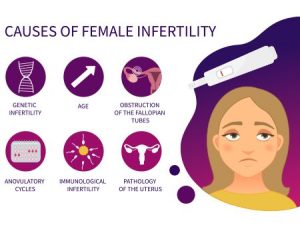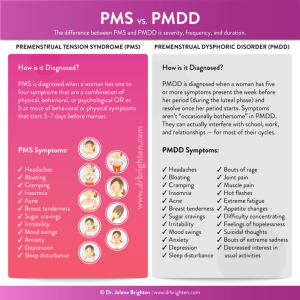The connection between sleep and hormonal health in women

Getting adequate sleep is crucial for maintaining overall health and well-being. Sleep plays a vital role in various physiological processes, including hormone regulation. In this article, we will explore the intricate connection between sleep and hormonal health in women.
Sleep and Estrogen Levels
Estrogen is a primary female sex hormone that plays a significant role in various bodily functions. Research suggests that estrogen levels can be affected by sleep disturbances. Irregular sleep patterns or inadequate sleep duration may lead to hormonal imbalances, potentially impacting estrogen production and regulation. These imbalances have been associated with menstrual irregularities, difficulties in conceiving, and menopausal symptoms.
The Impact of Sleep on Progesterone
Progesterone, another important female hormone, is closely related to the menstrual cycle, pregnancy, and overall hormonal balance. Sleep deprivation or poor sleep quality may interfere with the body’s ability to produce and regulate progesterone. This disruption can affect reproductive health and even lead to mood swings, anxiety, and depression in women.
Hormonal Health and Sleep Disorders
Sleep disorders, such as insomnia and sleep apnea, are known to disrupt hormonal balance in women. These conditions can significantly affect the secretion and regulation of hormones. For instance, sleep apnea has been linked to reduced levels of follicle-stimulating hormone (FSH), luteinizing hormone (LH), and growth hormone (GH). Hormonal imbalances caused by sleep disorders can further contribute to issues like infertility, thyroid problems, and metabolic disorders.
The Role of Melatonin
Melatonin, often referred to as the “sleep hormone,” is responsible for regulating the sleep-wake cycle. It is produced in the pineal gland and controlled by the body’s internal clock. Adequate sleep and exposure to natural light help maintain optimal melatonin production. Disruptions in sleep patterns or exposure to excessive artificial light, particularly at night, can suppress melatonin production. Reduced melatonin levels can disturb sleep quality and negatively impact hormone production and regulation in women.
Practices for Promoting Hormonal Health through Sleep
“Proper sleep patterns and habits are essential for maintaining hormonal balance and overall well-being in women.”
Here are some practices that can contribute to hormonal health through quality sleep:
Establish a consistent sleep schedule by going to bed and waking up at the same time every day.
Create a relaxing bedtime routine to signal your body that it’s time to unwind and prepare for sleep.
Avoid stimulants, such as caffeine, nicotine, and heavy meals, close to bedtime.
Create a sleep-friendly environment that is cool, dark, and quiet.
Limit screen time before bed and consider using blue light filters on devices.
Engage in regular exercise, but avoid intense physical activity close to bedtime.
Conclusion
Quality sleep is closely intertwined with hormonal health in women. Adequate sleep and proper sleep habits contribute to optimal hormone production, regulation, and overall well-being. Prioritizing sleep and addressing any sleep disorders are essential steps towards maintaining hormonal balance and leading a healthier life.
Disclaimer: The information provided in this article is for educational purposes only and should not be considered as medical advice. Please consult with a healthcare professional for personalized medical recommendations.






